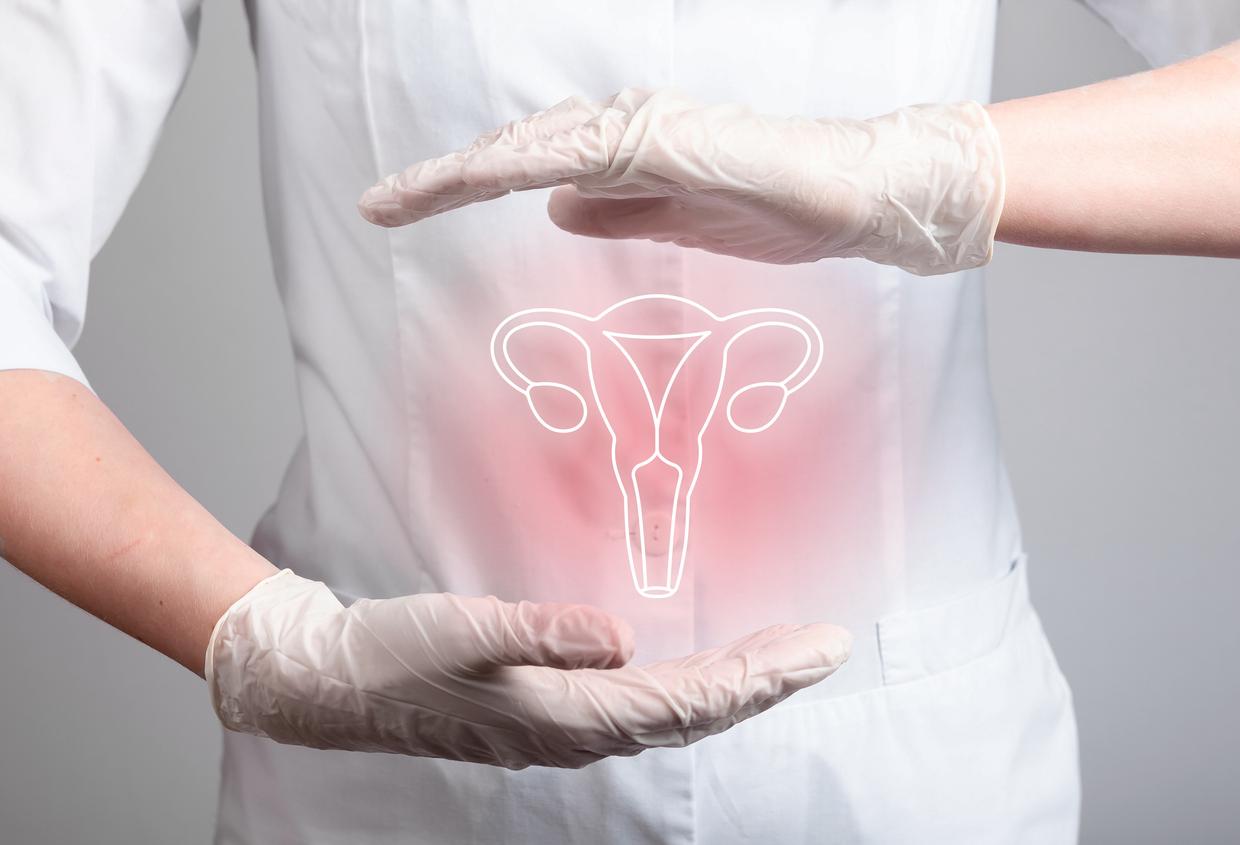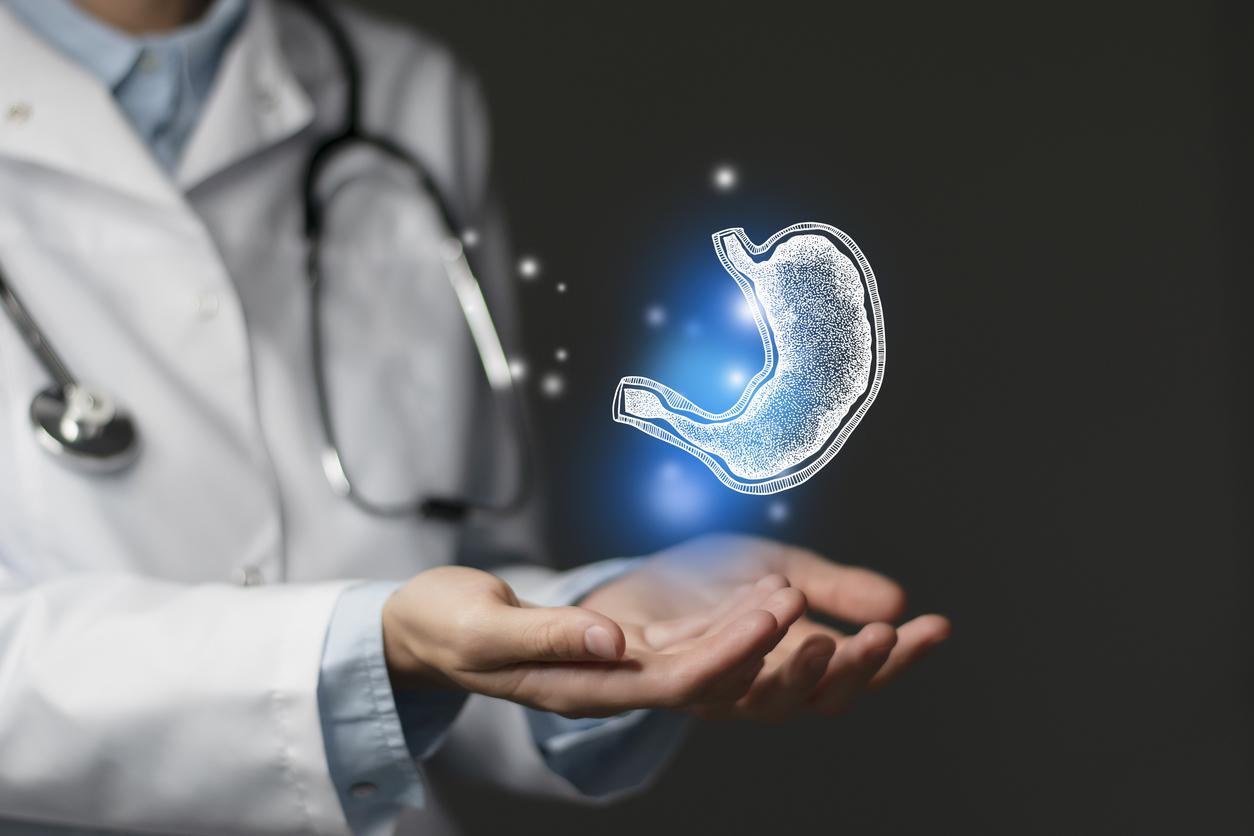The League Against Cancer has just made eleven tax proposals to the government to improve prevention against this disease. Nearly one in two cancers is linked to behavioral or environmental factors, such as tobacco, diet or alcohol.

“At least 40% of cancers are preventable” because they are linked to lifestyle (tobacco, diet, alcohol, environmental factors, etc.), estimates Christophe Leroux, director of communication for the League. Generalize free vaccination against papillomaviruses, tax alcohol or even better support research… The Cancer League presented, on the occasion of its centenary, 11 measures following its first general assembly on prevention.
Held at @lecese of the 1st #EGPC through @laliguecancerin order to present to the Minister @agnesbuzyn a series of proposals to better prevent cancer. #Assemble at the heart of the process to enrich them from citizens’ points of view! Read here: https://t.co/weN3UhGaMd pic.twitter.com/eSBmo5i0r2
— Alexandre Detroux (@AlexDetroux) November 21, 2018
Alcohol, to be taxed like tobacco
For the League, the increase in cancer cases should lead the public authorities to pursue an active prevention policy. “We went from 1,000 cases of cancer per day in France in 2013 to 1,100 in 2017, even if mortality is stable thanks to treatments. It is time to call for general mobilization for prevention”, pleads Christophe Leroux . According to the National Cancer Institute (INCa), new cases of cancer in France in 2017 are estimated at 400,000 and deaths at 150,000.
Among the strong proposals is the increase in the tax on alcohol, like the decisions taken on tobacco (a pack of cigarettes will cost 10 euros in 2020). About 8% of cancers recorded in 2015 are linked to regular alcohol consumption, according to the National Cancer Institute (INCa). “Scientific studies show an increase in the risk of cancer from the average consumption of one drink per day”, notes the communications director of the League. However, in France, the average daily consumption is between 3 and 4 glasses per person.
Redirect research towards prevention
The League also suggests systematic vaccination upon entering college against papillomaviruses (HPV), sexually transmitted infections that can cause cancer of the cervix, anus or even ENT cancers. In this area, France is behind since the coverage rate against these infections is only 19%. In Australia, where an HPV vaccination campaign was launched 10 years ago, 80% of girls and 75% of boys are vaccinated and the health authorities foresee the eradication of this virus within 20 years.
Following its general assembly, the League also explained that it wanted to better support research. Thus, it wants to devote 20% of the sums allocated to cancer research to prevention. One of the objectives of this budget increase would be to learn more about what it calls “cocktail effects”, that is to say the accumulation of the harmful effects of several carcinogenic substances, such as certain pesticides for example .
Prevention pays off
Finally, the rest of the proposals relate to ways of making the population more aware of exposure to risks. This involves better informing the population about all the risks of cancer, raising children’s awareness from an early age and throughout schooling, reducing inequalities in access to prevention and, finally, the recognition and professionalization of prevention actors.
The League Against Cancer insists, through its proposals, on the need to strengthen prevention. “Previously, we thought that a cancer prevention action took 20 or 25 years to produce effects,” explains Christophe Leroux. “But today, we know that it can be profitable immediately, including politically”.
.















